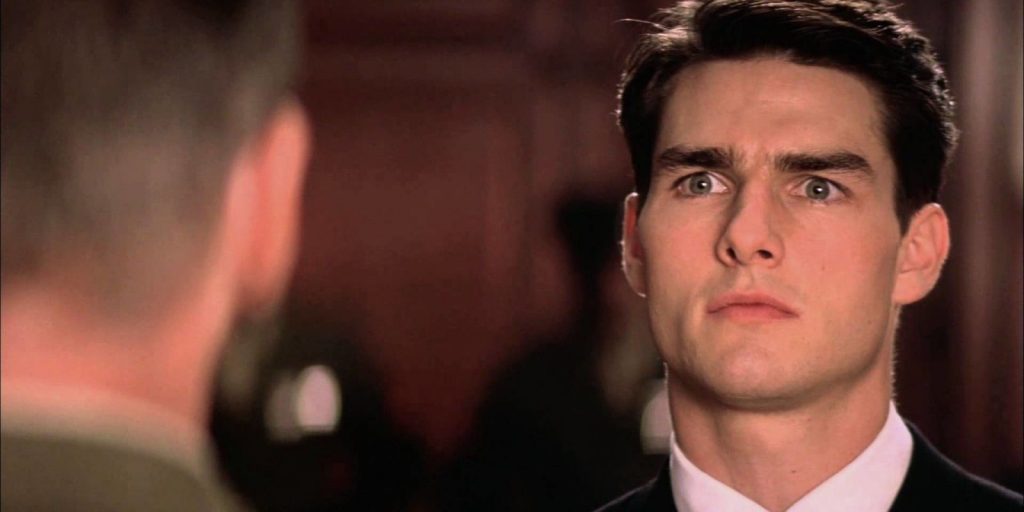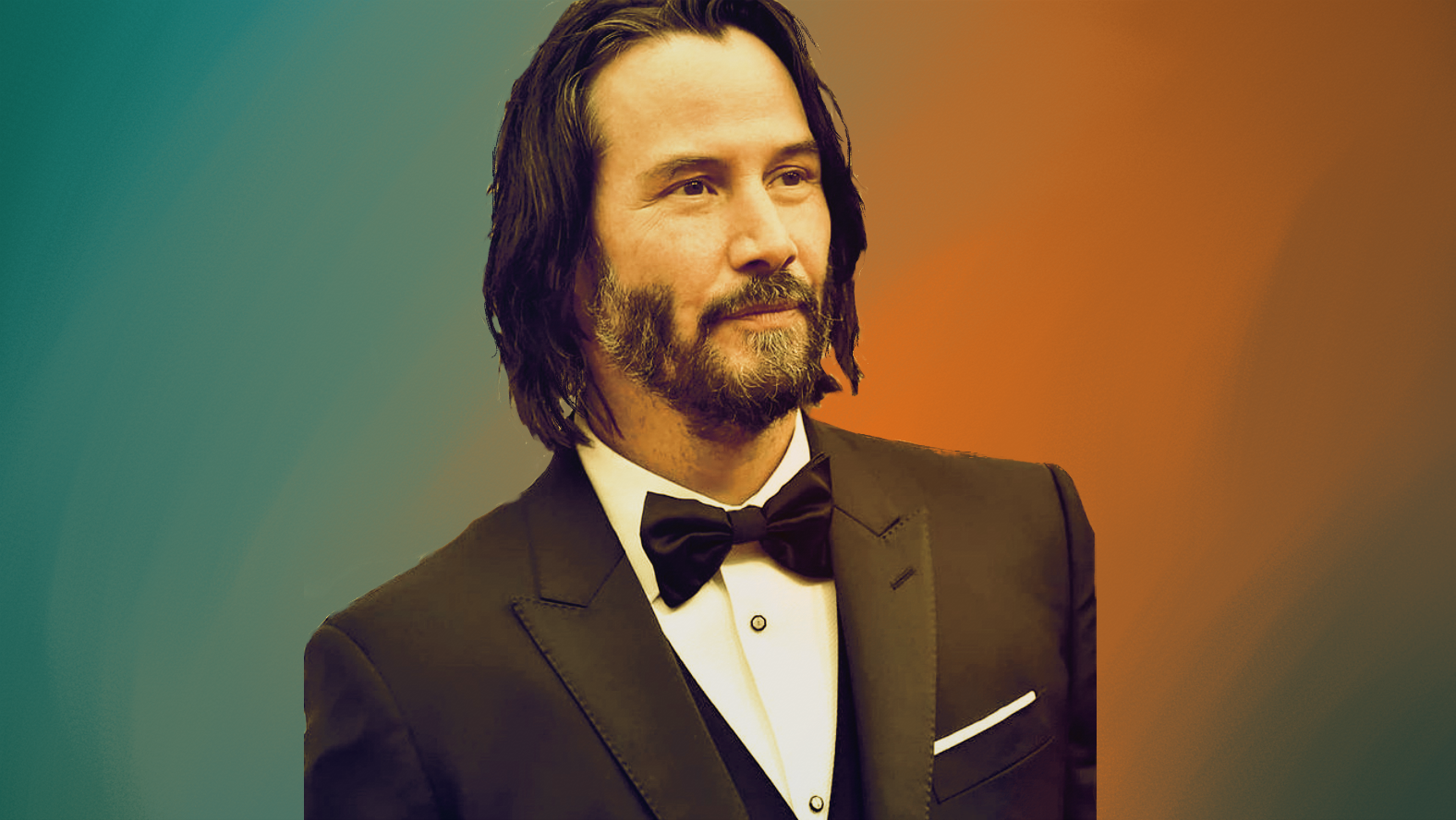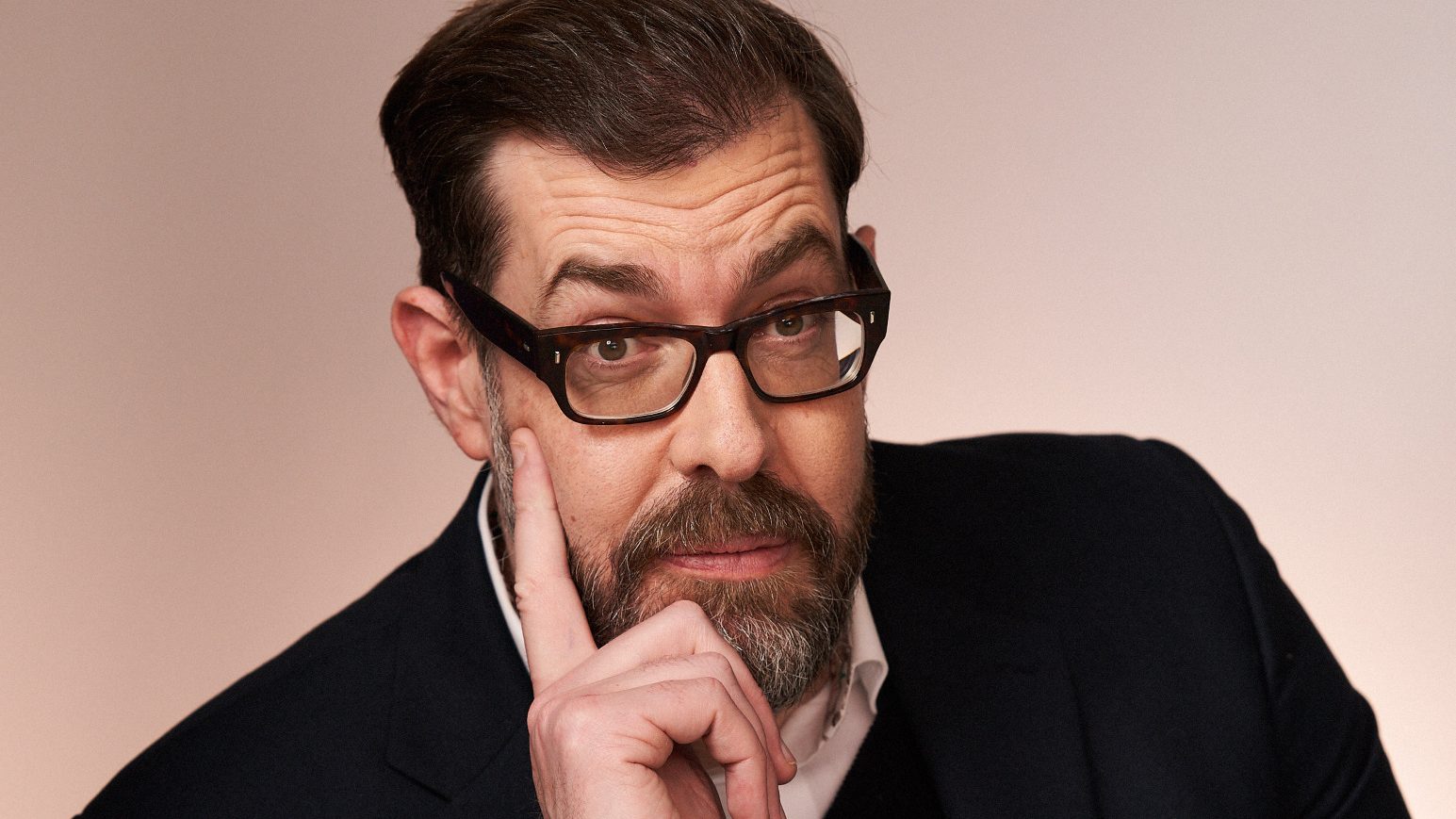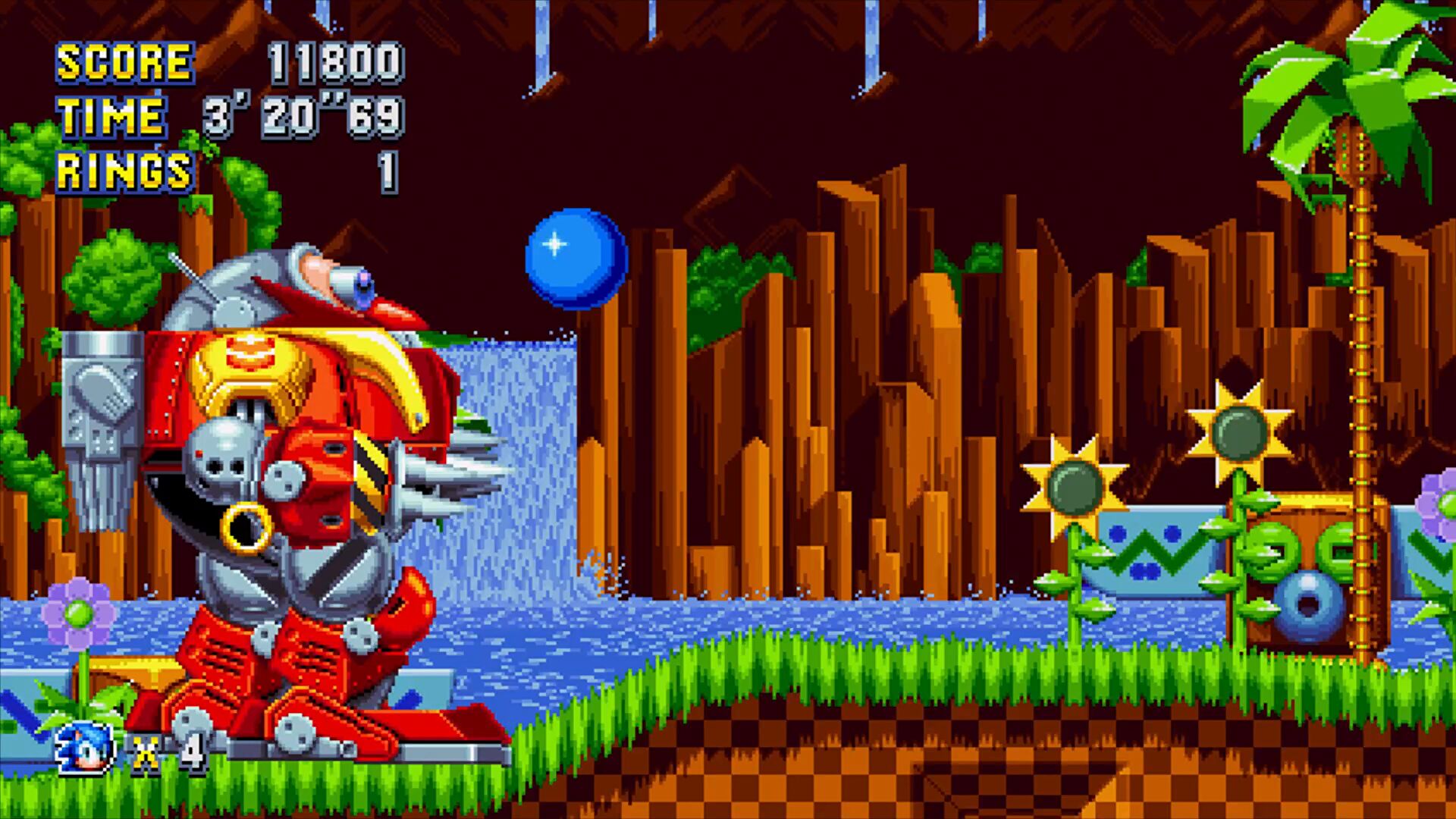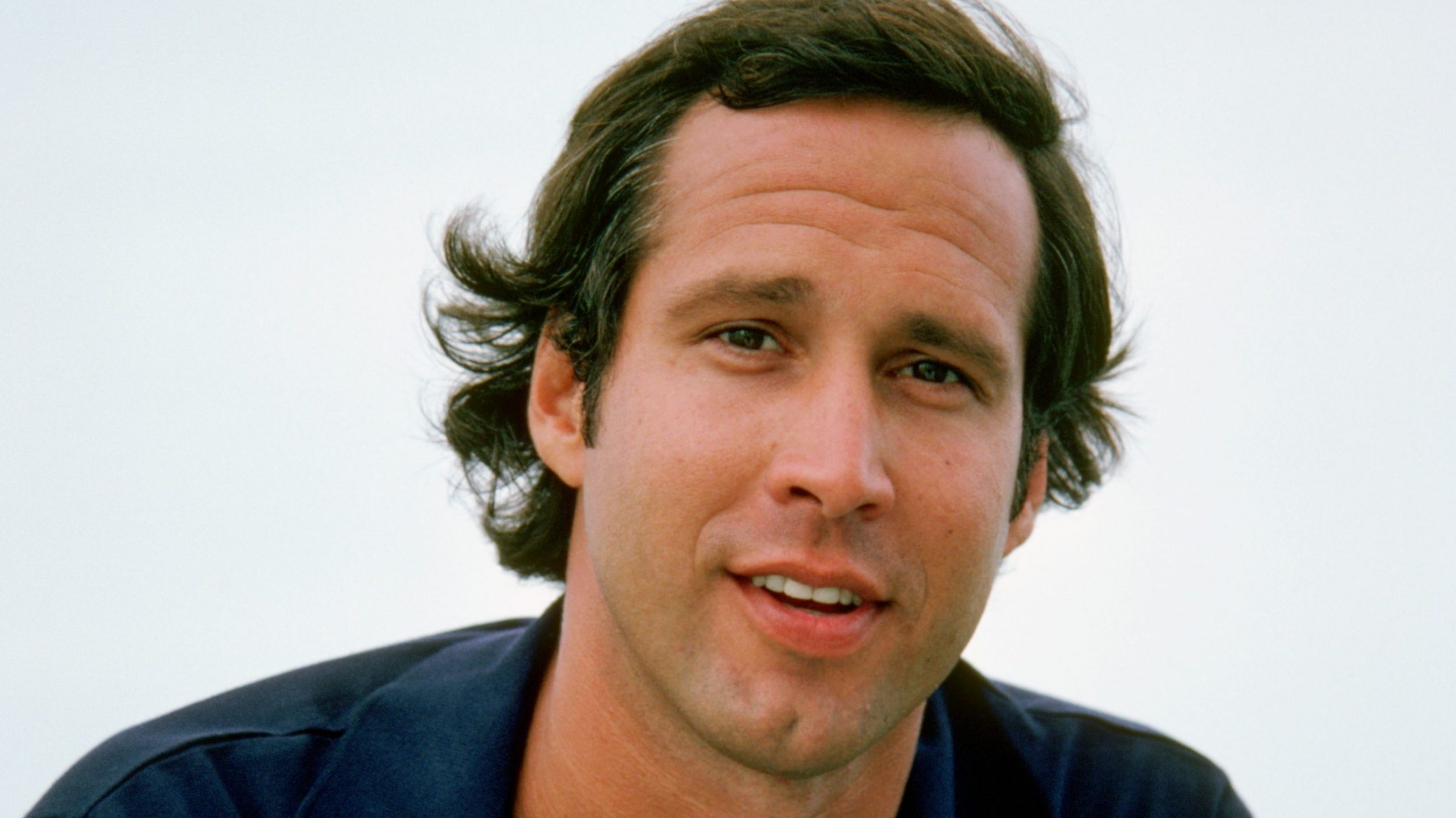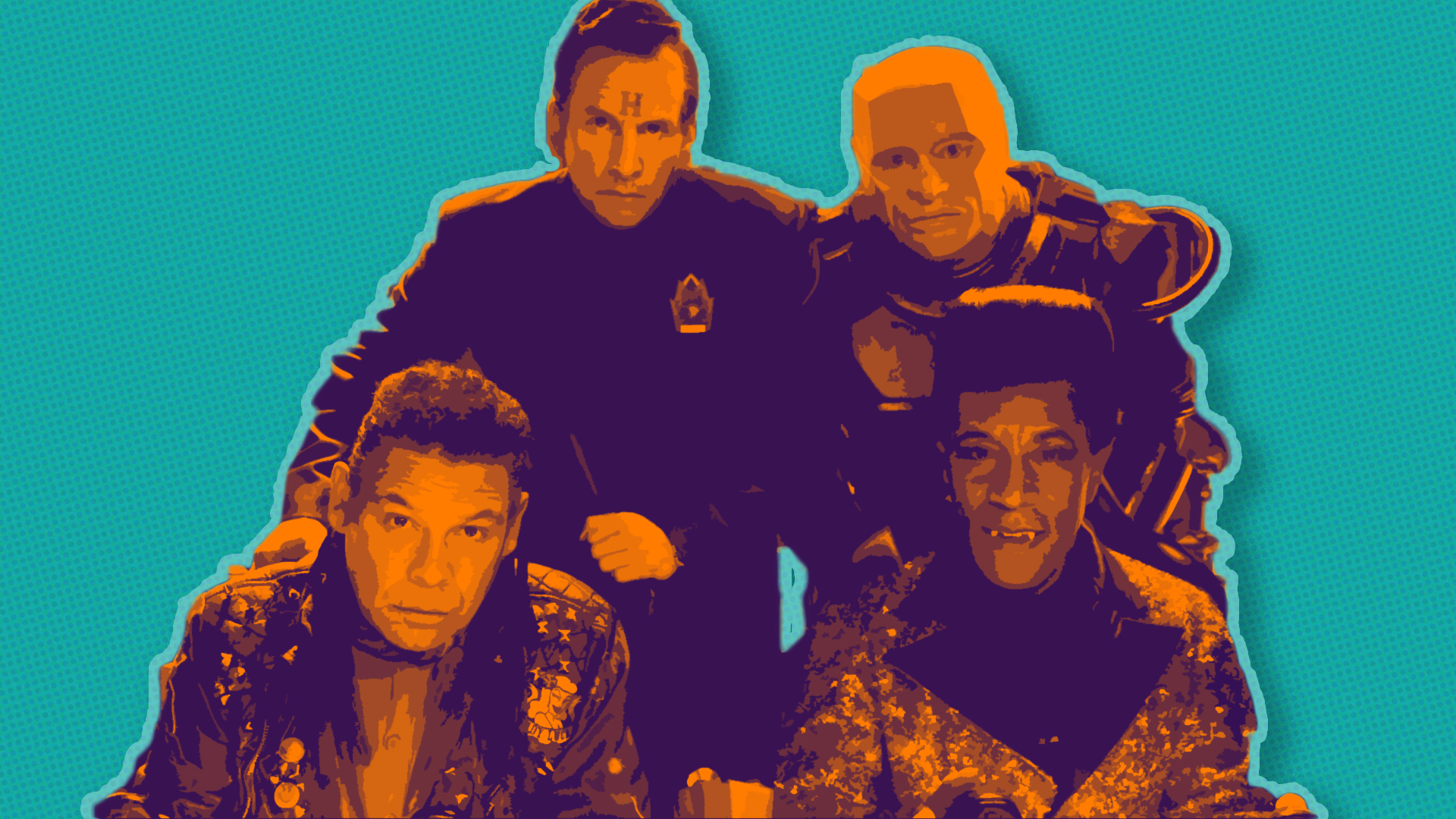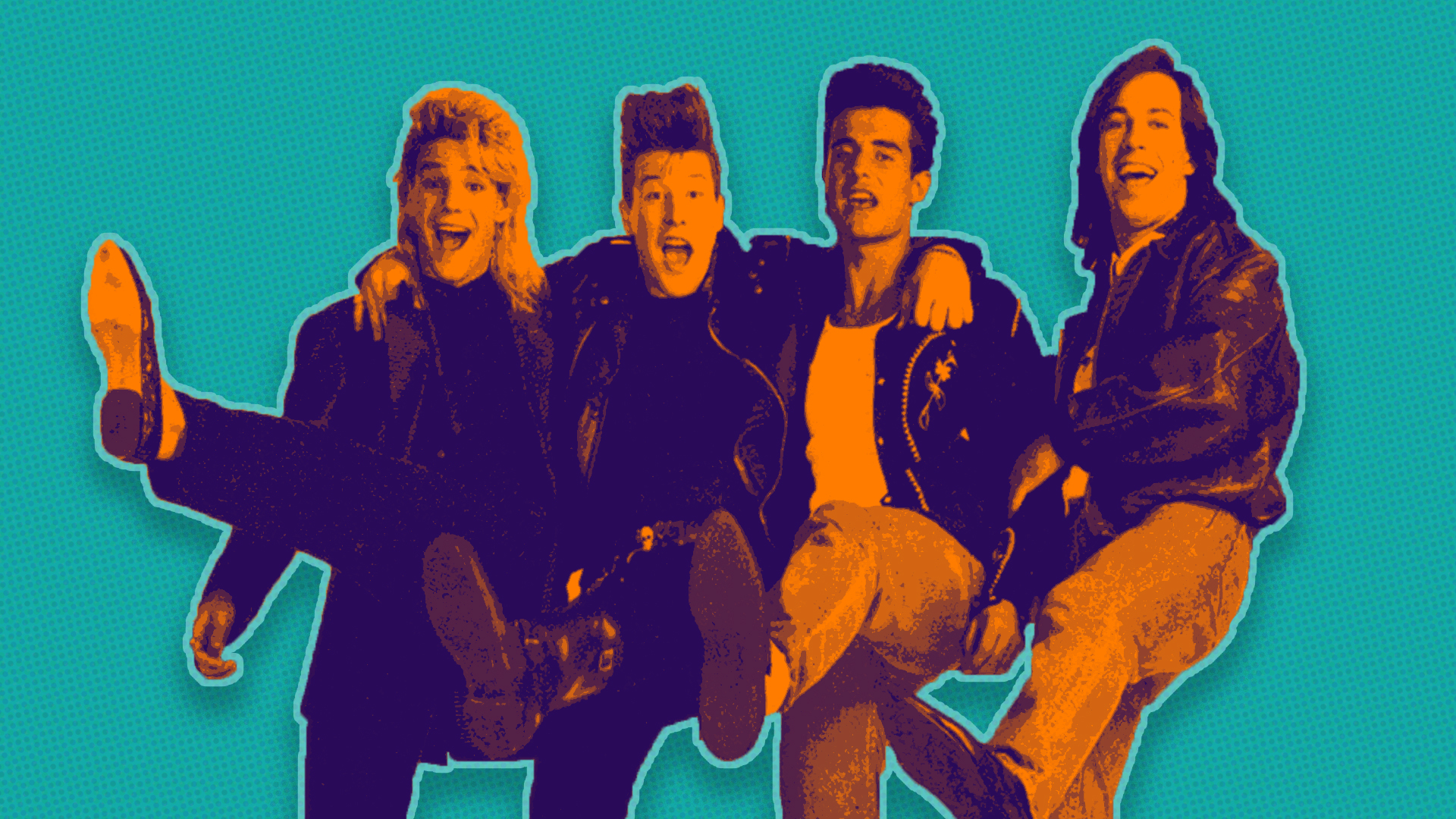Here’s one of the most iconic scenes in contemporary cinema.
As it stands alone, it’s still a great scene, not least because it has two characters with opposing points of view, both of whom passionately believe they are on the right side of the argument.
Placed in the wider context of the film, it’s the culmination of the story, and the pay off for an earlier scene that was just as compelling.
Kaffee has developed as a character, and comparing these two scenes demonstrates that perfectly.
There’s something else that makes the courtroom scene so good though, and that’s that the movie takes time either side of it. Scenes of preparation and aftermath are often overlooked for their importance, and if your big finale is falling flat, it might be because it doesn’t have these bookends.
Before the final day of the trial, when we have seen Kaffee’s transformation, and his excitement at the plan, Jo pulls him aside and takes a moment to calm him down, and remind him of the stakes, as well as giving him the choice of ducking the fight. This is important, because it bursts his bubble somewhat, and brings an extra level of tension to proceedings. There’s another moment of preparation after this too, when it all seems to have gone wrong, and the Colonel has won.
This is a nice reversal and speaks to the impeccable structure of this pivotal scene. For the first time, we see Danny rattled, literally rattling his glass, even after he has reversed the ‘ask me nicely’ moment, with his own ‘I didn’t dismiss you’. But it’s that glass of water that really brings it home. Without that, would this scene have been so iconic?
And what about the aftermath?
The movie could have ended on the Colonel’s admission of guilt. But we’re given time to let it all sink in, to see the consequences of the moment, and to revel in the victory.
Preparation and aftermath will make your big moments better. Think Rocky in a training montage, and Rocky calling for Adrian, if you need a shorthand.
[They] are unnecessary in the development of the plot of a story, but they are effective tools for heightening the audience’s experience of a story. A scene of preparation is one in which the audience and often the character or characters, braces for an upcoming dramatic scene … A scene of aftermath is one in which the character and audience are allowed to ‘digest’ a dramatic scene immediately afterwards. (Howard & Mabley, The Tools Of Screenwriting)
You can of course eschew these things, subverting the idea to make a different dramatic point. Take the ending of Seven for example. That gives us hardly any time to reset after the ‘what’s in the box?’ scene, as it’s designed exactly to make us as uncomfortable as possible.
That said, Fincher was aware of what he was doing, and on preview screenings, he explicitly asked that the house lights not be raised for a few minutes as the credits rolled. The moment of aftermath he wanted was there, in the audience’s own head, he didn’t want them dragged back into the real world until they had time to process it all. Inevitably, his instructions were ignored, the feedback cards were handed out immediately, and the preview audiences gave a ton of negative feedback.
